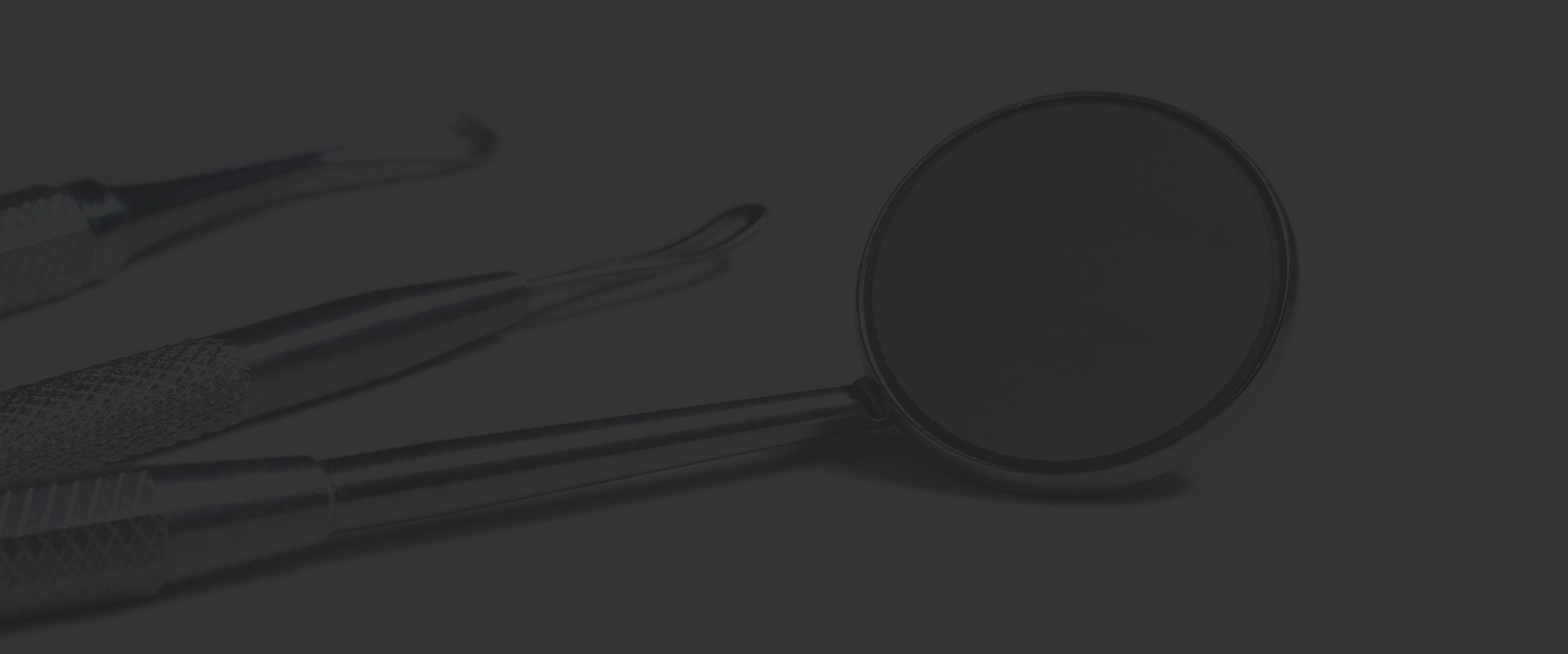An underbite occurs when your lower teeth close over the top of your upper teeth. Underbites can cause difficulty chewing and speaking. Caused by a misalignment of the jaw, an underbite can be corrected with a range of treatments to improve your comfort and appearance.
What Causes an Underbite?
Genetics can play a major role in whether you develop an underbite. If one of your parents or grandparents had an underbite, there is a much larger chance that you will, too. In addition, certain ethnic groups are more likely to develop underbites, including those of Asian descent. A famous example of the genetic nature of this trait is the "Habsburg jaw." Many generations of the royal Habsburg family in Europe were known for their distinctive protruding lower jaws, which are believed to have been the result of an underbite.






